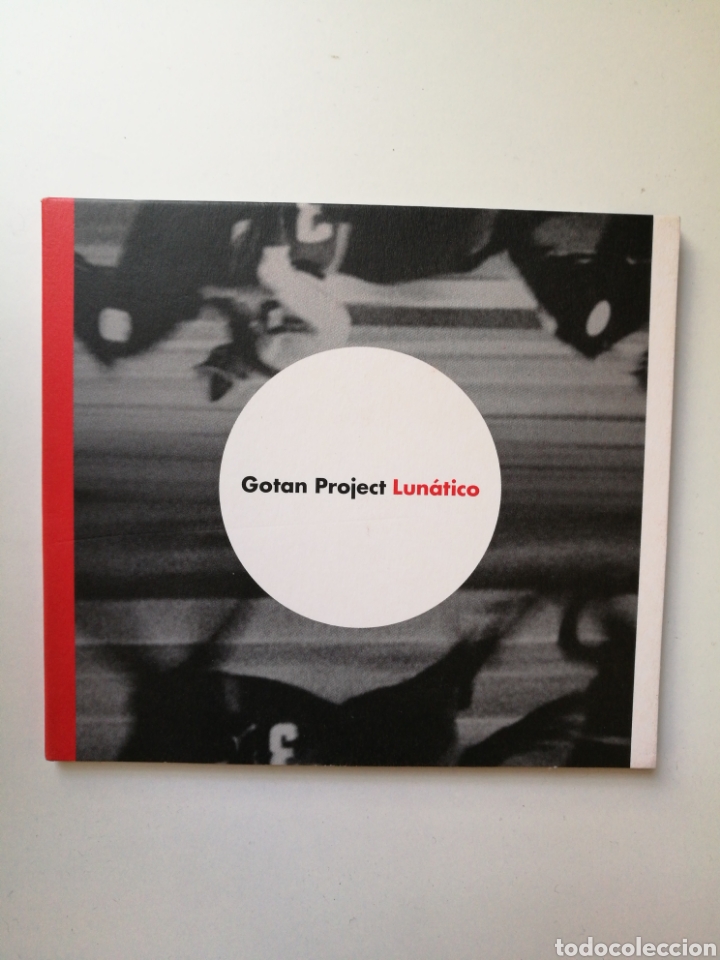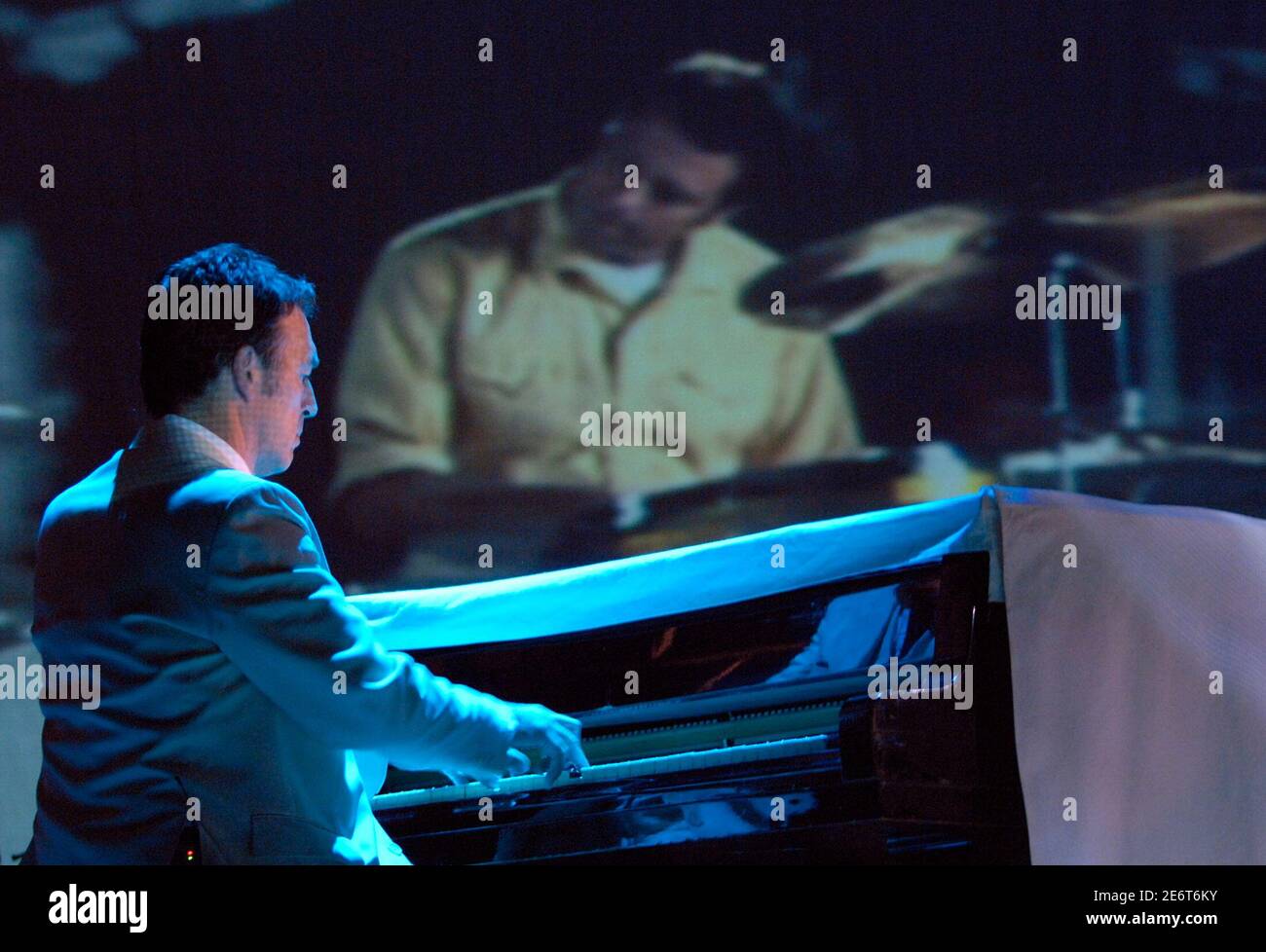
As bandoneon and strings climb atop one another, the drama in the track becomes almost unbearable, aching for release. Acoustic instruments begin an uptempo tango only to be driven underneath by an electric bass, samples of nearly imperceptible spoken voices, and an electronic pulse that plays a mid-tempo disco vamp. It's paranoid and aesthetically moving, dramatic and seductive, as well as disorienting. What begins as a traditional milonga is quickly turned inside out over the course of its nearly seven minutes. "Criminal" is a compelling track not because it is accessible, but because it isn't. The electric guitars, piano, and spare, hypnotic drum kit begin to turn darkly as Villalonga sings her tale of passion and torment. "Amor Porteño," (with Villalonga and Calexico) is a strange and anxious way to open a recording. Flores' bandoneon carves out a melody only to be joined by a gentle yet edgy bath of strings. Then there's the nocturnal "Notas," with its loops, and over the top of a subtle layer of acoustic guitar, a narrator is speaking of the direct passion of the tango itself. A breakbeat drum kit is layered in the choruses, and the voice of the racemaster.

The vanguard tango of the title track, performed in 3/4 time, creates a dance rhythm that slips and swirls over sampled voices and the sound of Gardel's horse galloping. Check the rap tune here "Mi Confesión," with Santos gliding over a swath of strings and a pulsing bandoneon. It mixes beats to be sure, but it's so much more musical than its predecessor by allowing strings, Nini Flores' bandoneon, and the standup bass of Patrice Caratini to hold sway over the top of most tunes. Musically, Lunatico is adventurous, it engages the tango directly, both musically and in spirit. The album was recorded alternately in Paris and Buenos Aires.
#Gotan project tango lunatico full
They engaged a full tango quartet, with returning vocalist Cristina Villalonga, pianist and musical director Gustavo Beytelmann, and a small host of others (including desert moodscape rockers Calexico on "Amor Porteño"), a rap performed by Xoxmo, and a spoken word performance by Jimi Santos. On Lunatico (named for tango master Carlos Gardel's racehorse), the band took a step back into the music that inspired them in the first place.

After all, they created a new kind of electronic fusion in taking the tango, street, and folk music forms from Latin America (played by studio musicians) and melding them with dub, downtempo, other more subtle forms of electronica. After the global smash that was La Revancha del Tango, issued in 2001, expectations for Gotan Project's Philippe Cohen Solal, Christoph H.


 0 kommentar(er)
0 kommentar(er)
